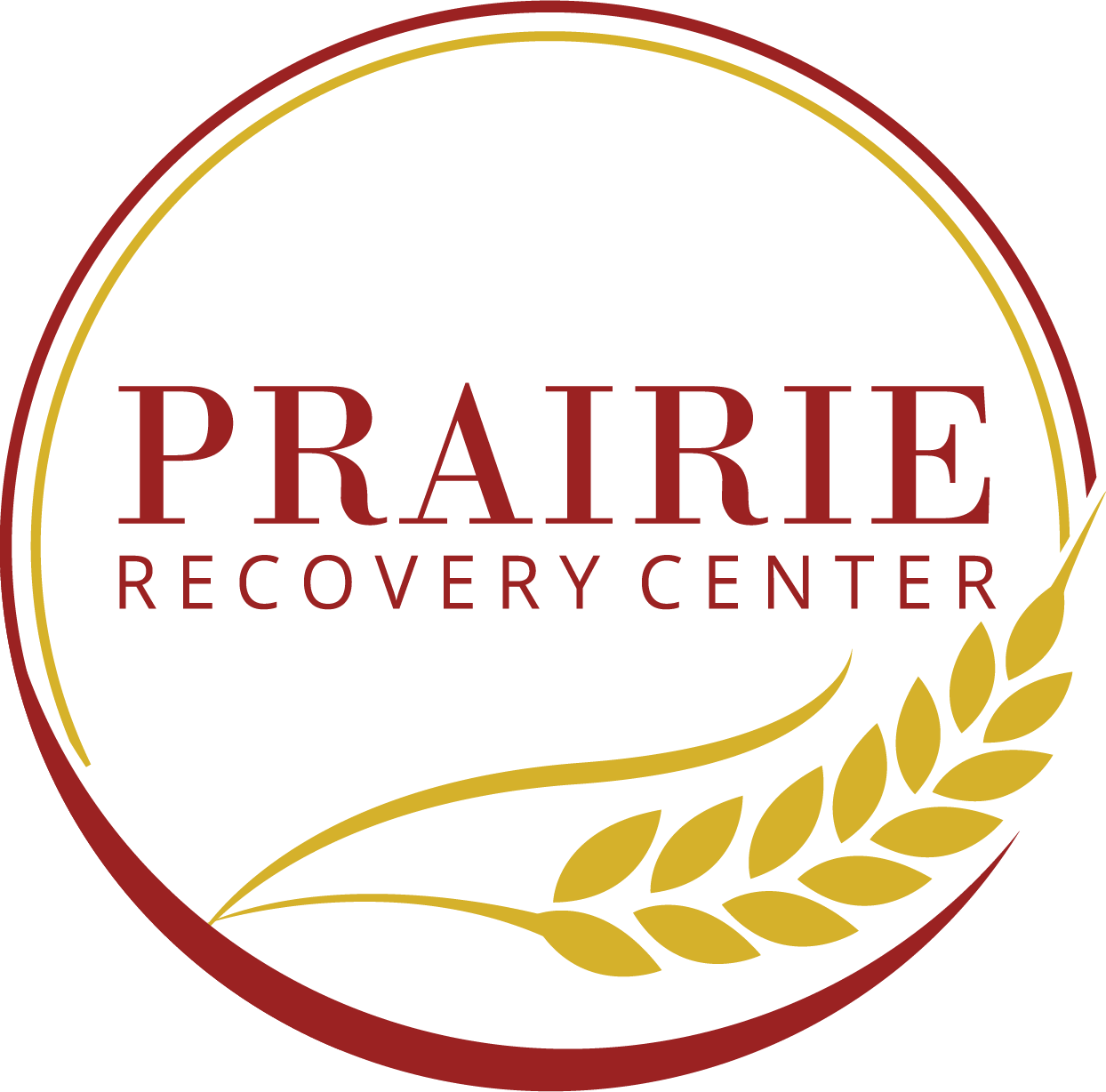The addiction cycle is a process that people go through when they develop an addiction. It is important to understand the different stages of the addiction cycle so that you can identify when someone is at risk of developing an addiction and get them the help they need. The four stages of the addiction cycle are experimentation, regular use, high-risk use, and addiction.
If you or your loved one is struggling with addiction, don’t be afraid to reach out for help. Prairie Recovery Center is the premier mental health and substance abuse rehabilitation center in North Dakota. Our experts are waiting to hear from you and provide addiction treatment. Call [Direct] and get help today with the four stages of addiction.
What Are The 4 Stages of Addiction?
It’s important to understand what the four stages of addiction are so you can recognize when someone you know and love is struggling with addiction. By understanding the four stages of drug addiction, you can better support your loved one as they go through treatment and recovery.
Stage 1: Experimentation
The first stage of the four stages of drug addiction is experimentation. This is when someone first tries a substance, usually out of curiosity. They may have heard about it from friends or seen it portrayed in the media.
At this stage, the person is just trying the substance to see what it’s like. They may not be aware of the potential risks or dangers. This is why it’s so important to educate young people about the dangers of drug and alcohol use before they reach this stage.
Stage 2: Regular Use
The second stage of the four stages of drug addiction is regular use. This is when someone starts using a substance on a regular basis. They may use it to cope with stress, anxiety, or other problems in their life.
At this stage, the person may start to experience some negative consequences, such as missing work or school, but they will continue to use the substance anyway.
Stage 3: High-Risk Use
The third stage of the addiction cycle is high-risk use. This is when someone’s use of the substance starts to become problematic. They may begin to experience more severe consequences, such as financial or relationship problems.
At this stage, the person may start to think about quitting, but they will find it difficult to do so. This is because the substance has started to change the way their brain works.
Stage 4: Addiction
The fourth and final stage of the addiction cycle is addiction. This is when someone is fully addicted to the substance and can no longer control their use.
At this stage, the person will experience severe consequences. These can include:
- Job loss
- Financial ruin
- Legal problems
- Overdose
- Death
At this stage, it is vital to get the affected individual treatment as soon as possible, where they will have a safe place to detox and receive help for their addiction. Recovery is possible, but it can’t be done alone.
The Goal of Addiction Treatment
As important as understanding the four stages of drug addiction is, understanding addiction treatment is just as important. Addiction treatment is a process that helps people struggling with addiction recover. It typically involves a combination of therapy, medication, and support.
The goal of addiction treatment is to help you stop using drugs or alcohol and learn how to live a healthy, sober life. Treatment can be done on an inpatient or outpatient basis, depending on your needs.
Inpatient treatment involves living at a treatment facility while you receive care. This type of treatment is often best for people with severe addiction or mental health issues.
Outpatient treatment, on the other hand, allows you to live at home while you receive care. This type of treatment is often best for people with mild to moderate addiction.
No matter what type of treatment you choose, the goal is to help you overcome your addiction and live a healthy, sober life.
Methods of Treatment
No matter which of the four stages of the addiction cycle someone is in, addiction treatment typically begins with detox. This is a process that helps your body rid itself of drugs or alcohol.
Detox can be done on an inpatient or outpatient basis, depending on your needs. It typically takes a few days to a week. After you’ve detoxed, you’ll begin therapy. This is where you’ll learn about the root causes of your addiction and how to overcome it. Therapy can be done on an individual, group, or family basis. It typically lasts for a few weeks to a few months.
In addition to therapy, you may also be prescribed medication. This is often the case if you have a co-occurring mental health disorder. Medication can help stabilize your mood and make it easier to stick to your treatment plan.
After you’ve completed therapy and medication, you’ll begin the process of sober living. This is where you’ll learn how to live a healthy, sober life. Sober living typically involves finding a job, a place to live, and a support system. It can also include attending 12-step meetings or therapy.
The goal of sober living is to help you transition back into the real world and avoid relapse.
The Benefits of Addiction Treatment
Addiction treatment can be life-changing. It can help you overcome your addiction and live a healthy, sober life. Some of the other benefits of addiction treatment include:
- Improved mental and physical health
- Stronger relationships
- Increased job productivity
- Improved self-esteem
If you’re struggling with addiction, don’t wait to get help. Addiction treatment can change your life. The sooner they get treatment, the better their chances of recovery.
Get Help Breaking the Cycle of Addiction at Prairie Recovery Center
If you or someone you love is struggling with addiction, it’s essential to understand the stages of the addiction cycle. Addiction is a progressive disease, and it’s crucial to get help as soon as possible.
At Prairie Recovery Center Center, we offer a comprehensive approach to addiction treatment. We understand the unique challenges of each stage of addiction, and we can help you or your loved one get on the path to recovery.
If you’re ready to get help, we’re here for you. Contact us today at [Direct] to learn more about our program and how we can help you or your loved one get on the road to recovery.


